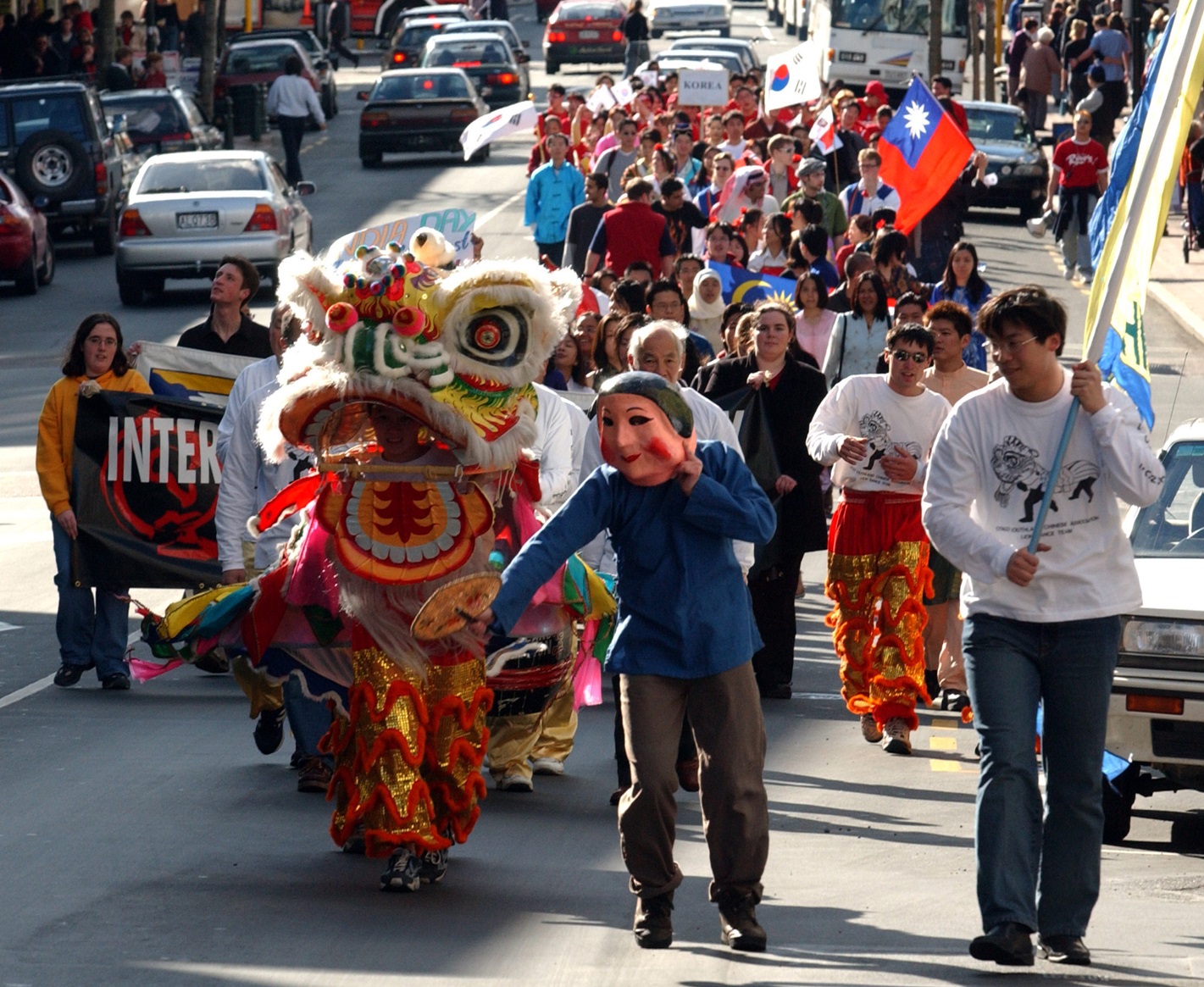

Their stories not only reflect personal growth but highlight the transformative potential of global exchange.
I have talked to Pablo Carrington and Eliza Menser, two international students finishing up studying at Otago this semester, as well as with Evie Ballantyne, a Dunedin local and friend of mine who took part in the university’s UniFlats programme as a KiwiHost for two years to create what is hopefully an informative read about international exchange experiences at Otago.
Through their stories, a picture begins to emerge of cross-cultural connection, intellectual discovery and a strong sense of belonging.
Pablo hails from the Cotswolds in the United Kingdom and has spent the past year studying history and politics at the University of Otago. He noted being drawn to studying in New Zealand due to the experiences he had with Kiwis he met while travelling.
His highlights include road-tripping through the South Island, summiting French Ridge in Mount Aspiring and driving up to the Coromandel.
Eliza, who is studying a double major in environmental studies and political science at Elon University in the United States, spoke fondly of her day trip to Stewart Island, particularly the view from Half Moon Bay, and appreciated how our university makes an effort to highlight its diverse student population.
Although for them, it wasn’t only the landscapes that left an impression. Eliza and Pablo both singled out POLS319 Te Tiriti/Treaty Politics as a particularly impactful paper.
For Eliza, it provided a foundation for understanding New Zealand’s political context and encouraged critical thinking.
Pablo added that learning about Te Tiriti o Waitangi was a memorable experience: "The paper was an amazing insight into understanding New Zealand today, and it left a lasting impression on the responsibility I have as a Brit to understand the contemporary relevance of my ancestors’ actions."
As someone passionate about Māori political and legal standing, hearing their reflections was deeply affirming — proof that international education, when done well, can foster not only empathy but self-reflection, and consideration of one’s place in the world and within its history.
Both Pablo and Eliza stayed in UniFlats, Otago’s accommodation programme that integrates international students with local "KiwiHosts".
Pablo described his flat as "incredibly social", where friendships came easily and the campus was only a short walk away. Eliza said her expectations were exceeded, appreciating both the sense of community and the events organised by the UniFlats team.
Evie, a recent Otago graduate and former KiwiHost resident, lived with 13 different flatmates over the course of two years. Reflecting on the experience, she shared: "Deciding to be a KiwiHost was one of the best decisions I’ve ever made."
Each semester brought a new dynamic, yet the same deep sense of connection remained: "Being a KiwiHost is almost like going on an exchange yourself, as you are surrounded by an international community, and learn so much about different cultures."
Evie went on to say: "I can really see how having a strong international community is bright for Aotearoa’s future."
This sentiment is especially moving in light of how engaged and appreciative Eliza and Pablo were during their time here.
"Watching people fall in love with Aotearoa was incredible," Evie reflected.
"It was a privilege to help others connect with the many parts of our culture and country."
Notably, one of her flatmates took MAOR108 Te Tīmatanga, one of the Māori performing arts papers.
Upon returning to their home university, the student helped their Pacific performance arts club with poi, continuing the cultural journey long after leaving Dunedin.
Having recently completed my immigration and refugee law paper, I couldn’t help but connect these personal stories and reflections to the broader legal and ethical frameworks surrounding travel and its reasons.
The course explored the balance that Aotearoa, and every country, must strike between domestic priorities and international obligations. Cases involving claimants from Kiribati and Fiji particularly stuck with me, as we considered displacement, migration, climate vulnerability and potential solutions.
Therefore, the experiences of international students who arrive voluntarily and with opportunity stand in stark contrast to those who come out of fear or necessity. Despite having very different origins, both experiences demonstrate how cross-border mobility can transform and reroute lives and learning.
Otago also recently celebrated the achievements and graduations of its Manaaki Scholars — students from developing countries supported to study at New Zealand’s universities and institutions.
Many of them expressed a shared commitment to returning home and giving back by utilising the skills they had developed and the knowledge they had gained here. The impact of studying abroad extends far beyond a semester’s papers, encompassing new world views, lifelong friendships and responsibilities that transcend boundaries.
When prompted: "Do you plan to return to Aotearoa?" Pablo said: "As soon as I have enough for a one-way ticket after graduating, I’ll be back."
Eliza agreed: "I’d love to see more of both islands next time."
And when they do return, whether it’s for a visit, for work, or something more permanent, they will carry with them what many international students gain here: an appreciation not just for the land, but for the people, the history, the culture and the stories that shape it.
Kind regards,
Grace.
• Dunedin resident Grace Togneri is a fourth-year law student.











